The Centre for Affordable Housing Finance in Africa (CAHF) (HousingFinanceAfrica.org), research consultancy 71point4 and Seso Global have partnered to develop South Africa’s first blockchain-based property register. The pilot study area consists of almost 1 000 properties located in four sites in Makhaza, Khayelitsha. All the properties are Government-subsidised properties that have not yet been registered on Deeds Registry.
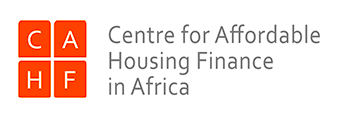 According to Daniel Bloch, the CEO of Seso Global, a blockchain property registry company, this will be the first working example of a blockchain-based property registry in South Africa. Aside from creating an immutable record of who owns which house, the Seso platform facilitates and records transactions such as sales and transfers out of deceased estates and integrates with third parties who facilitate transactions, including mortgage lenders. “For the time being, property owners will record these transactions at the Transaction Support Centre, a walk-in housing advice office created by CAHF and 71point4 located in the area. But over time, we will record transactions through the Seso app” says Bloch.
According to Daniel Bloch, the CEO of Seso Global, a blockchain property registry company, this will be the first working example of a blockchain-based property registry in South Africa. Aside from creating an immutable record of who owns which house, the Seso platform facilitates and records transactions such as sales and transfers out of deceased estates and integrates with third parties who facilitate transactions, including mortgage lenders. “For the time being, property owners will record these transactions at the Transaction Support Centre, a walk-in housing advice office created by CAHF and 71point4 located in the area. But over time, we will record transactions through the Seso app” says Bloch.
The benefit of the blockchain solution is that it allows the data to be stored in a decentralised, secure database that can be updated without any loss of historic data. This means there is a secure, back-to-back record of all transactions that is completely tamper-poof. Eventually, the vision would be to integrate this record into the Deeds Registry when other impediments to transfer have been removed.
South Africa has a serious titling problem. According to Kecia Rust, the CEO of CAHF, the government has built over three million RDP houses since democracy. But CAHF’s analysis of deeds office data indicates that only 1.9 million of these properties have been registered. The National Department of Human Settlements, Water and Sanitation (NDHSWS) estimates that the title deed backlog for RDP properties built prior to 2014 currently stands at 511 752. These properties were given to beneficiaries, but no title deeds were registered and handed over. At the same time, there is a backlog of 351 470 title deeds on newer properties.
Registering these properties so long after they were built and handed over to subsidy beneficiaries is an administratively complex task. In some cases, original subsidy beneficiaries are no longer living in the properties. Some beneficiaries might have passed away, some might have tenants in their properties while others have sold their houses informally.
“To create a register of property owners we first had to go door to door to find out who lives in each property and to establish how they came to be there,” says Melzer, founder and lead consultant at 71point4. “We hired a team of 17 enumerators and trained them to collect information and capture supporting documents. Thankfully we can leverage smartphone to collect the data, but it still requires a significant effort. It took us two months to cover these areas.”
But the effort is well worth it. Properties in the area sell for over R200 000 informally – and would sell for more if they were listed on a trusted registry and were ‘bankable’. This would enable buyers to obtain mortgage finance and create affordability. Without access to mortgages, buyers have to pay cash for a house or use an expensive unsecured loan. There are also significant benefits to the City of Cape Town of being able to access an accurate and up-to-date record of property ownership. Without it, the City cannot collect revenue from households in the area who are not indigent nor can City departments facilitate building plan approvals.
Next steps
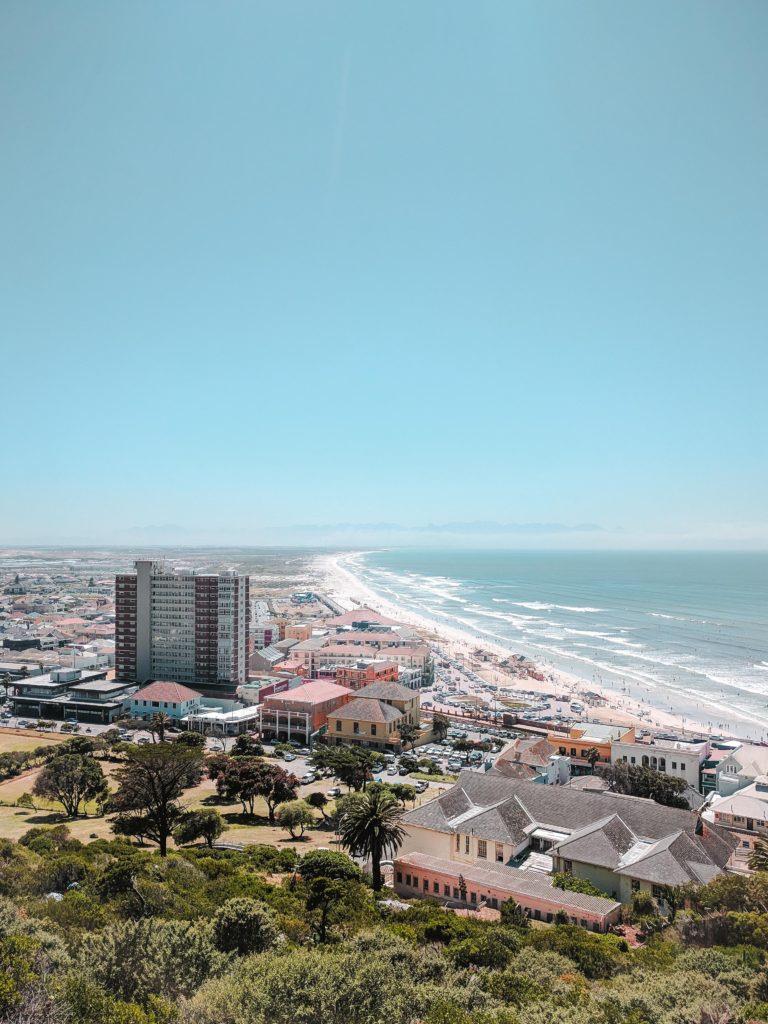 In many cases in the pilot areas, the original beneficiary is still living in the property. “We hope that these properties can be registered in the deeds registry within a few months, and we are working closely with the City of Cape Town to facilitate that,” says Melzer. “Where the beneficiary no longer lives in the property, we are in the process of tracing the beneficiary to confirm information we have gathered on who owns the property. We will also be working closely with the City on a resolution process where ownership is disputed.”
In many cases in the pilot areas, the original beneficiary is still living in the property. “We hope that these properties can be registered in the deeds registry within a few months, and we are working closely with the City of Cape Town to facilitate that,” says Melzer. “Where the beneficiary no longer lives in the property, we are in the process of tracing the beneficiary to confirm information we have gathered on who owns the property. We will also be working closely with the City on a resolution process where ownership is disputed.”
It will take some time before all the required information has been collected and validated. It will also take time for validated properties to be registered on the deeds registry. In the meantime, we will enable property owners and occupants to keep those records up to date.
“We will also be using Seso’s platform to manage other client service requests that come to the Transaction Support Centre from all over Cape Town,” says Rust. “These include helping clients to regularise informal sales and wind up deceased estates. Going forward, as the country moves towards an electronic deeds registry, we hope the lessons we have learned will provide valuable evidence to inform the development of accessible, secure, affordable and efficient mechanisms to facilitate property market transactions. This is important across the market, but particularly in entry-level segments of the market where existing mechanisms are simply too costly”.
CAHF, Seso Global and 71point4 have a working agreement to extend this pilot into other areas and use cases. There are hundreds of thousands of RDP properties around the country where no primary transfer has taken place. In addition, in many areas where title deeds were issued, property owners have transacted informally, which means there is no longer an accurate record of ownership at the deeds registry. Blockchain-based solutions can help there too. Blockchain can also enable households who live in informal settlements and rural areas to record and maintain land records and secure their rights. “We are very pleased with the pilot results. We think the solution we have developed is scalable and replicable,” says Bloch. That does not mean it is easy but “blockchain technology together with the potential value we can unlock makes it worthwhile,” says Melzer.
Disclaimer: This is a press release. Readers should do their own due diligence before taking any actions related to the company, product or service. BitcoinAfrica.io is not responsible, directly or indirectly, for any loss or damage caused by or in connection with the use of or reliance on any content, product or service mentioned in this press release.
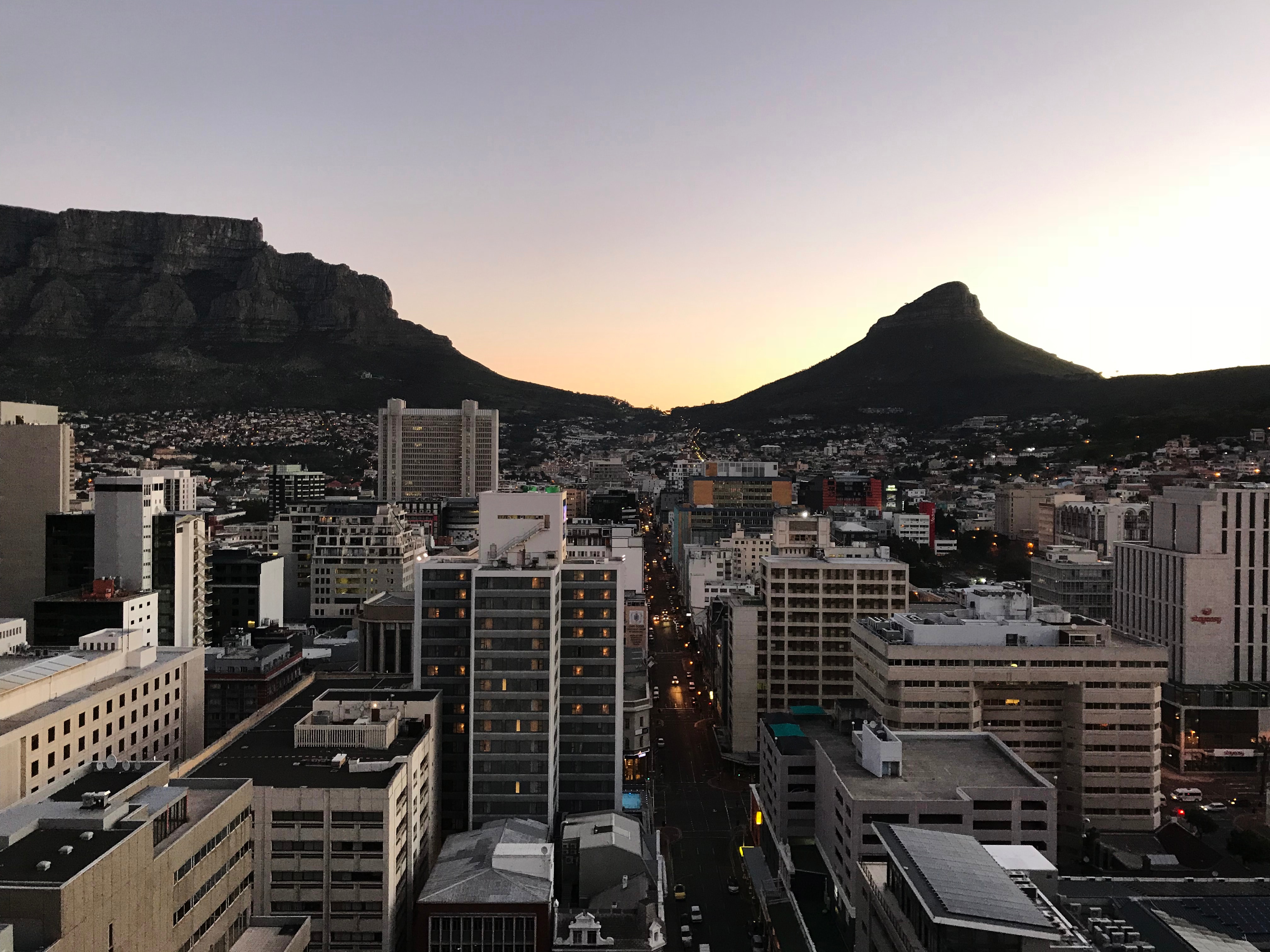

 Features3 years ago
Features3 years ago
 Bitcoin2 years ago
Bitcoin2 years ago
 Features3 years ago
Features3 years ago
 Features3 years ago
Features3 years ago
 Features3 years ago
Features3 years ago
 Features3 years ago
Features3 years ago
 Features8 months ago
Features8 months ago
 Bitcoin10 months ago
Bitcoin10 months ago
 According to Daniel Bloch, the
According to Daniel Bloch, the  In many cases in the pilot areas, the original beneficiary is still living in the property. “We hope that these properties can be registered in the deeds registry within a few months, and we are working closely with the City of Cape Town to facilitate that,” says Melzer. “Where the beneficiary no longer lives in the property, we are in the process of tracing the beneficiary to confirm information we have gathered on who owns the property. We will also be working closely with the City on a resolution process where ownership is disputed.”
In many cases in the pilot areas, the original beneficiary is still living in the property. “We hope that these properties can be registered in the deeds registry within a few months, and we are working closely with the City of Cape Town to facilitate that,” says Melzer. “Where the beneficiary no longer lives in the property, we are in the process of tracing the beneficiary to confirm information we have gathered on who owns the property. We will also be working closely with the City on a resolution process where ownership is disputed.”













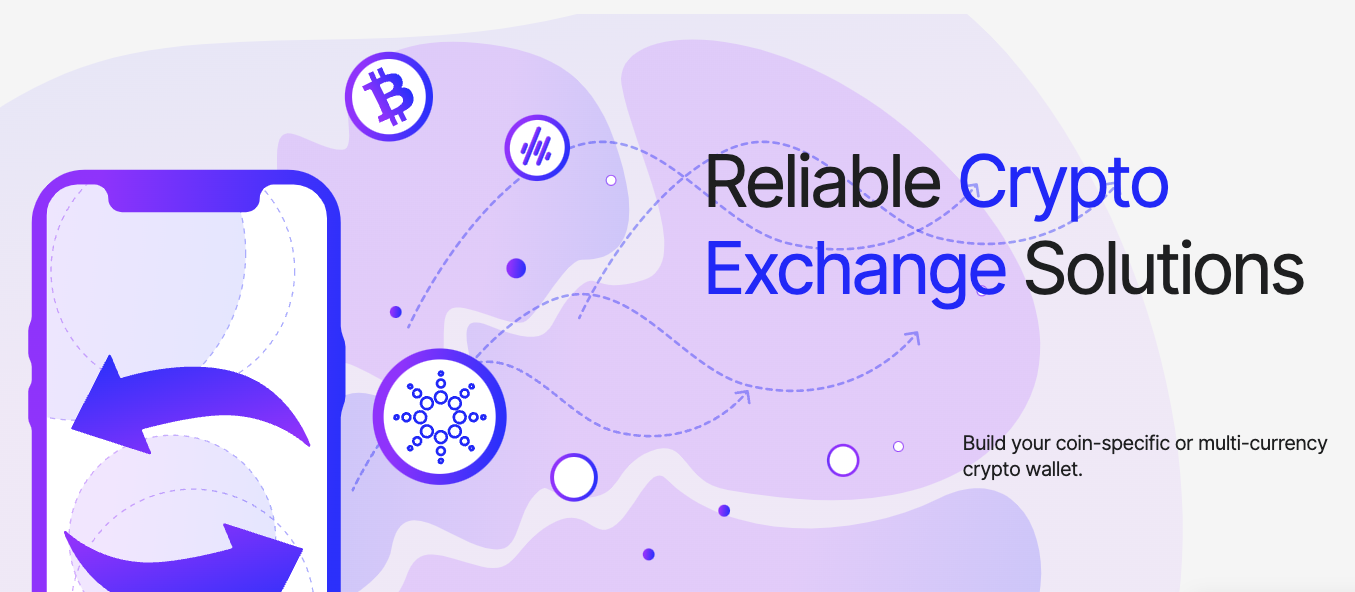

 1xBit has created Ticket Rush with numerous fanciful prizes that could change your entire gambling experience. With multiple prize draws designed to select many winners, you have a chance at winning big. The prize pool is 3 BTC, with numerous winners per category.
1xBit has created Ticket Rush with numerous fanciful prizes that could change your entire gambling experience. With multiple prize draws designed to select many winners, you have a chance at winning big. The prize pool is 3 BTC, with numerous winners per category.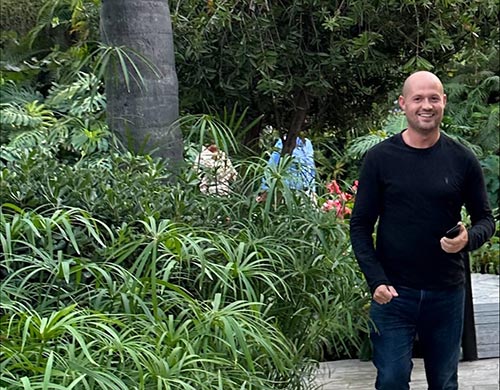
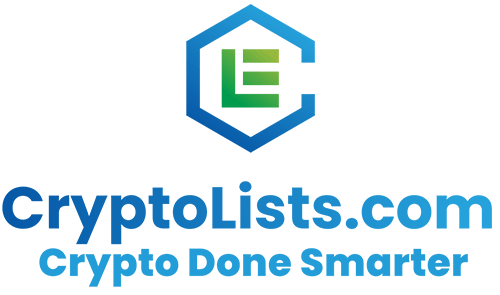 Tom also brought his creative mind to the forefront when brainstorming the new brand mission alongside the wider team. Crypto Lists had been searching for a new slogan, that is both accurate, descriptive, as well as evergreen – taking into consideration the future developments and growth of the company. Along with the senior leadership, a general consensus was reached: Crypto Done Smarter.
Tom also brought his creative mind to the forefront when brainstorming the new brand mission alongside the wider team. Crypto Lists had been searching for a new slogan, that is both accurate, descriptive, as well as evergreen – taking into consideration the future developments and growth of the company. Along with the senior leadership, a general consensus was reached: Crypto Done Smarter.
